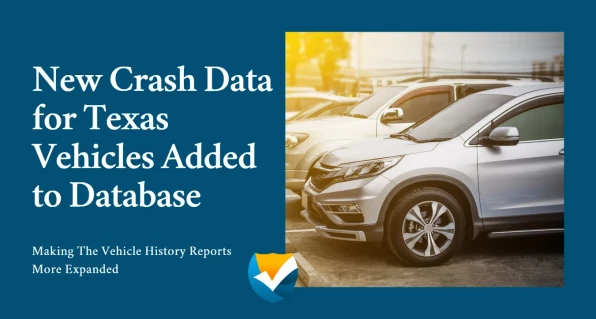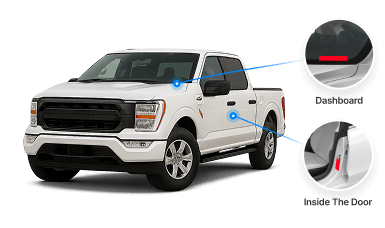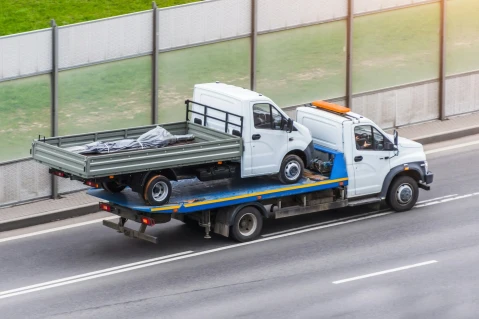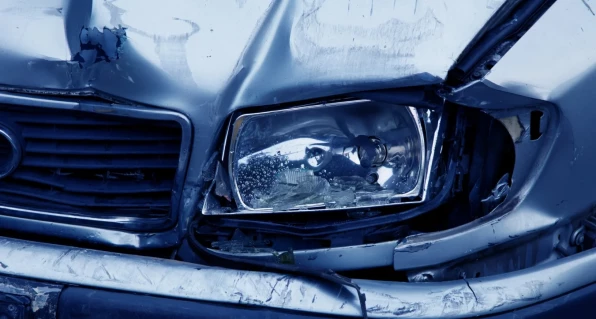
EpicVIN's history reports are even more advanced, with new accident data added to the Texas database
EpicVIN has recently released an update: accident reports are now available fo...
Looking for the VIN?
Here is there you’ll find it:

Whether you’re buying your dream car, or you just need something for the work commute, buying a car is a big decision. Test drives and vehicle inspections are helpful for getting an idea of the vehicle’s condition. However, it’s easy to miss important details without the vehicle’s history. If you want to know about a car’s past, you need to do a vehicle title search. This gathers information from official records about the car’s past owners, insurance claims, accidents and more. That way, you can steer clear of vehicles that have serious mechanical or legal problems.
The Vehicle Identification Number is a unique code issued to every vehicle at the factory. Just on its own, this number can tell you a great deal about a vehicle. It contains information on the manufacturer, manufacturing plant, model and equipment. A free title search decodes this information, so you can check the factory information against the state of the car today. This VIN checker is handy for identifying major flaws, like changes in paint color and re-badging to make the car look like a higher trim model.
Since no two VINs are alike, this code is also used to identify the vehicle on official paperwork. Using our vehicle title number lookup tool, you can learn more about the car’s history. For a few dollars, you can use this VIN title search to get information gathered from several official sources, giving you a history of the car between now and when it left the factory. This includes registrations, insurance claims, title brands, police reports and much more.
If you’re selling a vehicle, a title check lets you provide an official history of the vehicle to the buyer. Having a report assures buyers of the car’s condition. This makes the vehicle easier to sell, and it helps you get a better price.
A car title search tells you more about the vehicle’s history than the seller is likely to know. This can uncover important information that determines whether buying a car is a good purchase decision.
While a car may look fine on the surface, poor repairs after accidents can leave behind major problems. If the car is totaled, an unscrupulous seller may resort to title washing. This is when a car is titled in a different state, using differences in state laws to remove title brands. A VIN report gathers information from all state agencies, so it will list these brands, even if they aren’t on the current title.
What happens if you can’t legally own the vehicle? If it has unpaid liens, it might be repossessed by the holder of the loan. If the car was stolen and never recovered, the police can repossess the vehicle and return it to the original owner. Either way, there isn’t much you can do to recover the money you spent. While using a free title check by VIN only gives you basic factory information, a full title check finds police and financial records tied to the vehicle. This way, you’ll know if there will be any legal problems when you purchase and register your new car.
To do a vehicle title search, you need to have the VIN number. There are several places you can look to find this number:
Once you have the VIN, type it into the search box on our website and click “Check”. When you use a free title check by VIN on our site, it will decode your VIN. This free title search will tell you factory information, including the model, year and engine. This lets you verify that the VIN is correct for the vehicle. From there, you can order a full title check. A paid title lookup gathers information from a variety of sources to build a full history of the vehicle. Shopping around? We offer packages that let you run multiple title searches at a discount.
A free vehicle title search tells you the manufacturer information that’s encoded in the VIN. A full car title search uses the VIN to search through government and private databases, compiling information to build a full history report for the car. Here’s what you’ll find on a car title lookup report:
Discover expert tips, news and advice on buying and maintaining used vehicles

EpicVIN has recently released an update: accident reports are now available fo...

This comprehensive guide explains the importance of VIN in determining your ve...

Read this article to discover how is the percentage of damage calculated